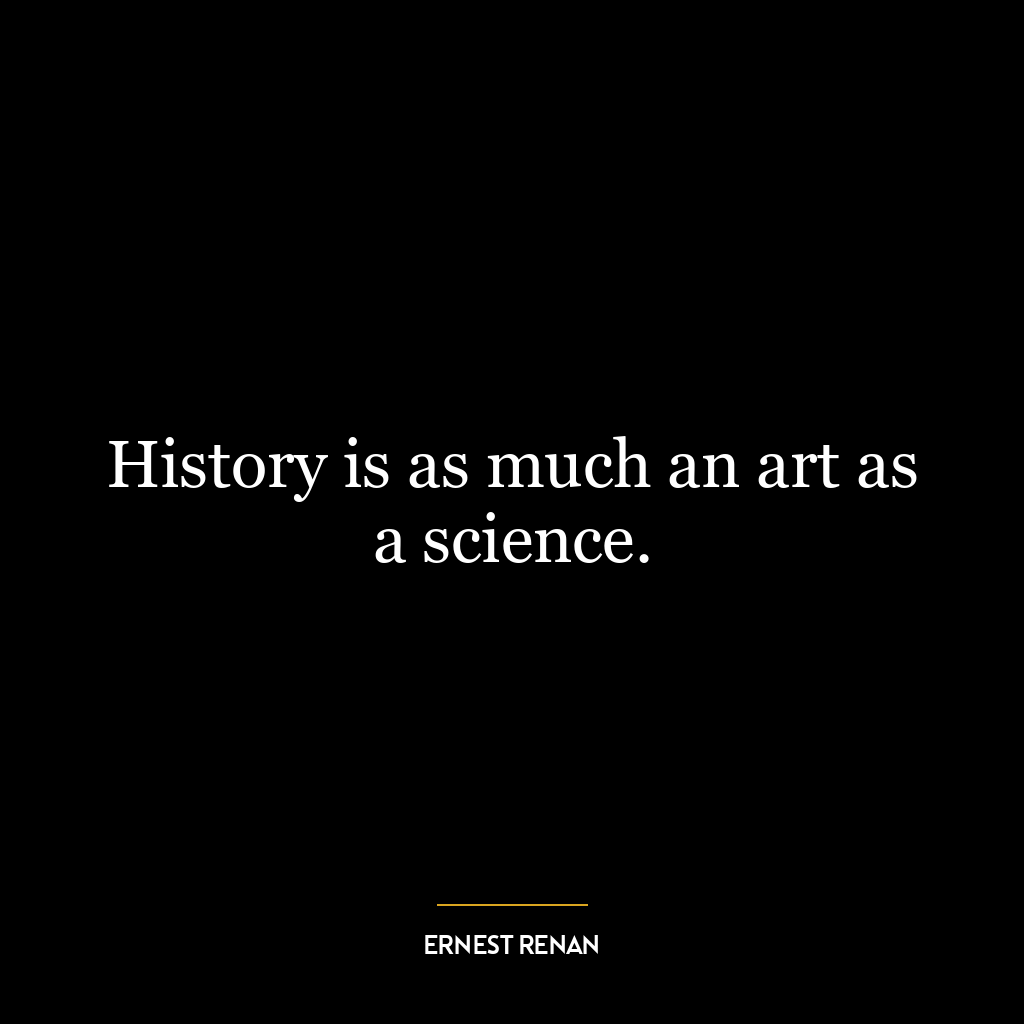Ernest Renan Quotes
- Philosopher
- France
- 1823 - 1892
Ernest Renan (1823-1892) was a French philosopher, historian, and writer. He is best known for his works on the history of religion and his philosophical essays on the nature of national identity. His most famous works include the 1882 essay “What is a Nation?”, which argued that a natio…Read More
Ernest Renan (1823-1892) was a French philosopher, historian, and writer. He is best known for his works on the history of religion and his philosophical essays on the nature of national identity. His most famous works include the 1882 essay “What is a Nation?”, which argued that a nation is formed by a shared memory and a common will, and the 1883 book The Life of Jesus, which sought to separate the historical Jesus from the figure of Christian faith. Renan’s works had a major influence on the development of modern French nationalism and the concept of the nation-state.Read Less
Ernest Renan (1823-1892) was a French philosopher, historian, and writer. He is best known for his works on the history of religion and his philosophical essays on the nature of national identity. His most famous works include the 1882 essay “What is a Nation?”, which argued that a nation is formed by a shared memory and a common will, and the 1883 book The Life of Jesus, which sought to separate the historical Jesus from the figure of Christian faith. Renan’s works had a major influence on the development of modern French nationalism and the concept of the nation-state.
18 Interesting Ernest Renan Quotes
Ernest Renan Career Highlights
Ernest Renan was a French philosopher, historian, and writer who lived from 1823 to 1892. He is best known for his influential works on religion, nationalism, and the history of ancient civilizations.Renan began his career as a seminarian, studying theology and philosophy at the Saint-Sulpice seminary in Paris. However, he eventually left the seminary and pursued a career in academia. He became a professor of Hebrew at the Collège de France in 1862 and later held the chair of Semitic languages at the Collège de France from 1864 until his death.
Key Contributions by Ernest Renan
Renan’s most famous work is his 1863 book “Vie de Jésus” (Life of Jesus), which caused controversy for its critical examination of the historical Jesus. He also wrote extensively on the history of ancient civilizations, including “Histoire générale et système comparé des langues sémitiques” (General History and Comparative System of Semitic Languages) and “Histoire du peuple d’Israël” (History of the People of Israel).In addition to his academic contributions, Renan was also a vocal advocate for secularism and the separation of church and state. He believed that religion should be a personal matter and not interfere with politics or society.
What Sets Ernest Renan Apart
Renan’s work was groundbreaking for its time, as he challenged traditional religious beliefs and offered new perspectives on history and culture. He was also known for his eloquent writing style and his ability to make complex ideas accessible to a wider audience.
Takeaways
Ernest Renan’s contributions to philosophy, history, and literature continue to be studied and debated today. His critical examination of religion and his advocacy for secularism have had a lasting impact on Western thought. Renan’s work serves as a reminder to question traditional beliefs and think critically about the world around us.

























